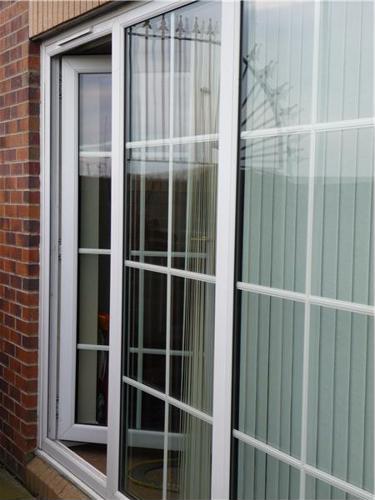
Whether you have roman shades or custom blinds throughout your home, you'll want to take a few moments to give them a good cleaning every couple of months. Dust and debris can pile up on your window treatments over time, which is not only unsightly, but can be a potential hazard to those in your family who have allergies.
But how do you properly clean your specific type of window treatments? There are different methods that can be used for the various styles of shades and blinds. Here are some tips on how to get rid of dust and restore beauty around your windows.
Wood blinds
Better Homes and Gardens Magazine states that in order to preserve your wood blinds over time, you'll want to avoid washing them with soap and water. Instead, use a standard wood cleaner or oil to restore the material's natural shine. A regular dusting can be done with a cloth or feather duster on a weekly basis to keep debris from accumulating.
Bamboo shades
Similar to wood blinds, bamboo window shades should be exposed to as little water as possible. However, they can be gently scrubbed with a water and ammonia solution, then allowed to dry outdoors under the sun.
Vinyl blinds
If you have a series of blinds throughout your home that could skip a soak in soap and water, consider using your vacuum to get the job done instead. Vacuum across the slates (avoid going up and down) to remove any dust that's trapped between the slats. If you use this method once every two or three weeks, you can keep your window treatments relatively dust-free without needing to hose and scrub them down.
Fabric shades
Fabric shades can be tricky depending on the material they're composed of - this might mean they don't take well to water and can't be washed at home. HGTV states that in special instances, you might want to consider bringing your window treatments to a dry cleaner to get rid of dust, debris and stains.
Although cleaning your window treatments might take you more time than you’d like, putting in the effort can ensure you have spotless shades and blinds that'll last you for years to come. In the end, keeping your products in tip-top shape can help you get the most for your money.

